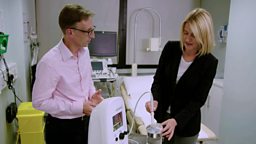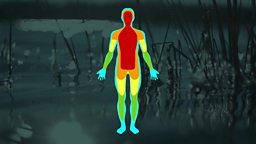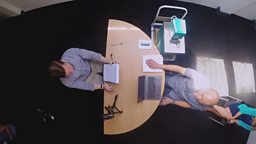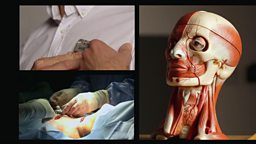Do the health apps on your phone really work?
The market for health apps has exploded – there are now more than quarter of a million to choose from, for just about every aspect of health from measuring heart rate to dieting, from stress relief to getting a good night’s sleep.

Many of these apps are free or cheap, and some claim to significantly improve the user’s health. The potential benefit of this technology is to give people more control over their health and wellbeing, which in theory could lead to fewer visits to the doctor.
But do these apps actually do what they claim?
Surprisingly, the app market is largely unregulated, with very little policing. Anyone with basic programming skills can create an app without any quality or safety checks.
The larger app marketplaces found online do some basic tests to ensure the software will work on your phone and to check for malware. However, this offers no guarantee whatsoever that any clinical trialling has been carried out to make sure that the health advice generated by the app is sound. Research has shown that the vast majority of health apps are based on little or no science.
Another limitation is the hardware on your phone. Many health apps use your phone’s hardware (for example the phone’s camera and flash) to take a physical body measure such as heart rate. However, the quality of the hardware on different phones varies widely, which can result in the readings being inaccurate.
This inaccuracy combined with a lack of testing makes it difficult to know which apps can be trusted.
So where can you find reliable apps?
The NHS Library of Medical Apps is a good place to start. Although it currently offers a small selection, they have all been tried and tested by clinical professionals, or are undergoing testing. Those labelled as ‘approved’ will have proven health benefits.
If you want to download health apps from more usual sources, what should you look out for?
- Check that the app is made by a health organisation you trust.
- Apps that do not depend on complex hardware on your phone will tend to be more reliable.
- Look at what the reviews say – read the comments carefully, and leave some of your own to help others.
Apps can be useful for encouraging you to maintain healthy lifestyle choices and logging information to share with your GP, but when it comes to diagnosis and managing disease, they cannot replace a consultation with a health professional.





























